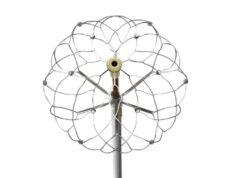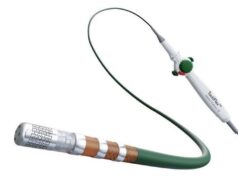
The University of Washington and Seattle’s King County Emergency Medical Services will lead the US expansion of Medtronic’s HeartRescue Project. According to a press release, this project comprises a Medtronic Philanthropy partnership launched in five US states in 2010, which aims to improve Sudden Cardiac Arrest (SCA) survival rates.
The newly formed US HeartRescue Consortium expects to include 17 new states by 2019. Maryland, Utah and Michigan have already joined. Work will continue in original partner states Arizona, Illinois, Minnesota, North Carolina, Pennsylvania and Washington, as well as in communities served by American Medical Response. Partner states hope to collectively improve survival rates in new states by 25% in four years.
The Consortium will first focus on improving SCA measurement within partner states. Currently, there is no national mandate to report outcomes of out-of-hospital cardiac arrest, leaving incidence and survival rates a guess for many states.
Partner states will also lead response and resuscitation training for citizen bystanders, first responders, emergency medical services and hospital emergency room staff.
“In no other health condition does life and death hang in such a time-pressured balance, relying on a diverse set of rescuers who must immediately work together,” says Thomas Rea, an associate professor of medicine at the University of Washington and medical director for King County Medic One, who will now lead the US HeartRescue Consortium. “For too long, we thought nothing could be done. But the HeartRescue Project proved that we can make a difference. The time is now to take these results to more places.”
Rea says the Consortium will use proven strategies from the HeartResue Project to help them reach their goals. For example, in Arizona all 911 emergency operators were trained to provide CPR instructions to callers. This low-cost idea resulted in bystander CPR rates improving from 37% in 2010 to 52% in 2013, which helped increased overall survival rates from 8-11% over the same time period.
In Chicago there has been a significant increase in survival two years after training 4,000 firefighters, emergency medical technicians and paramedics, and establishing a coordinated network of 24 heart attack/cardiac arrest receiving centers throughout Chicago.
Jacob Gayle, president of Medtronic Philanthropy, says, “We know that the US HeartRescue Consortium will bring that spirit and expertise to more places, increasing the odds that even more people survive a cardiac event and go on to lead healthy, happy, productive lives.”
Medtronic Philanthropy will support the US HeartRescue Consortium with $2 million granted over four years. As the program expands, the Consortium will add other financial supporters and partners.









